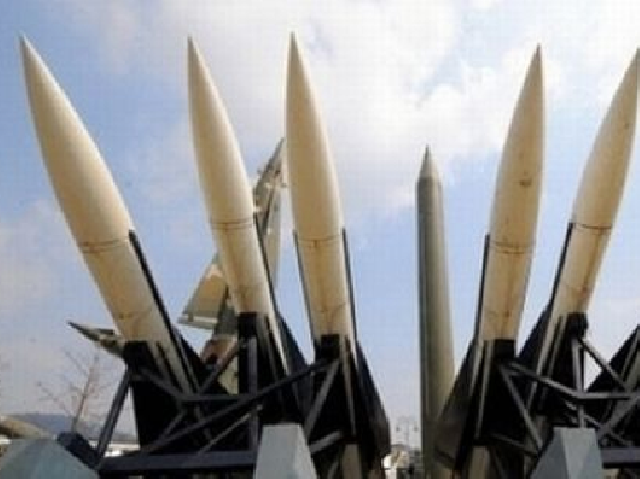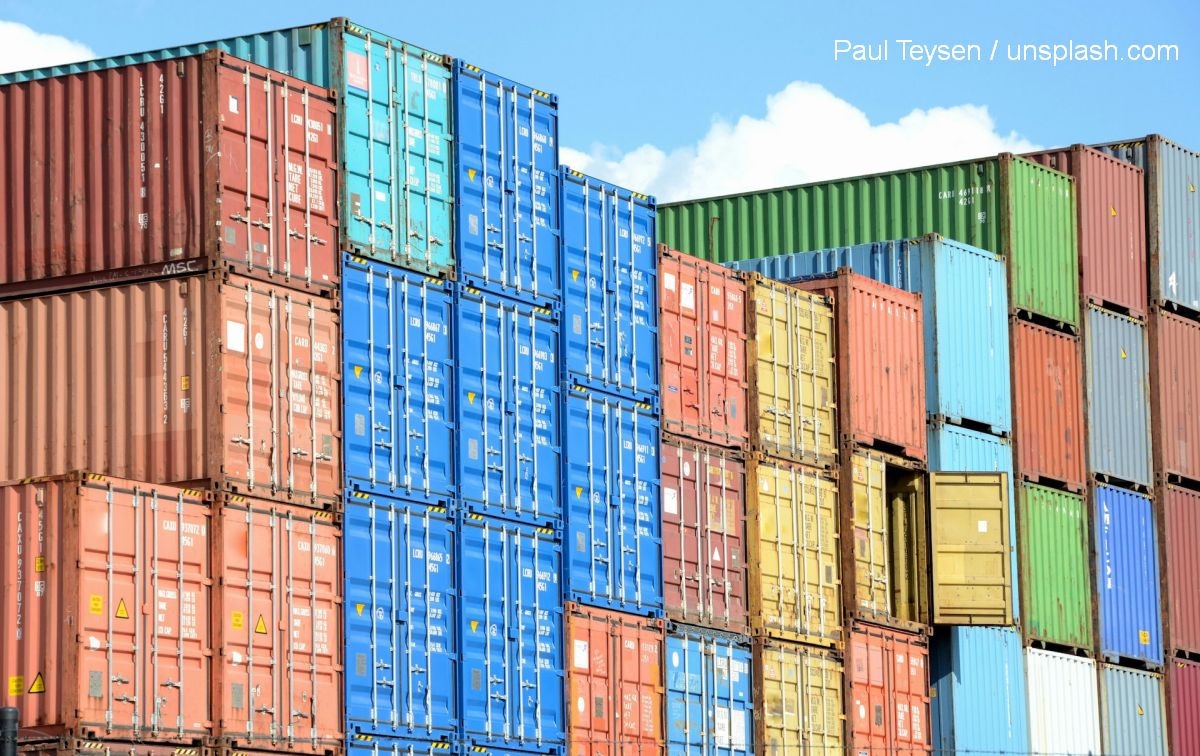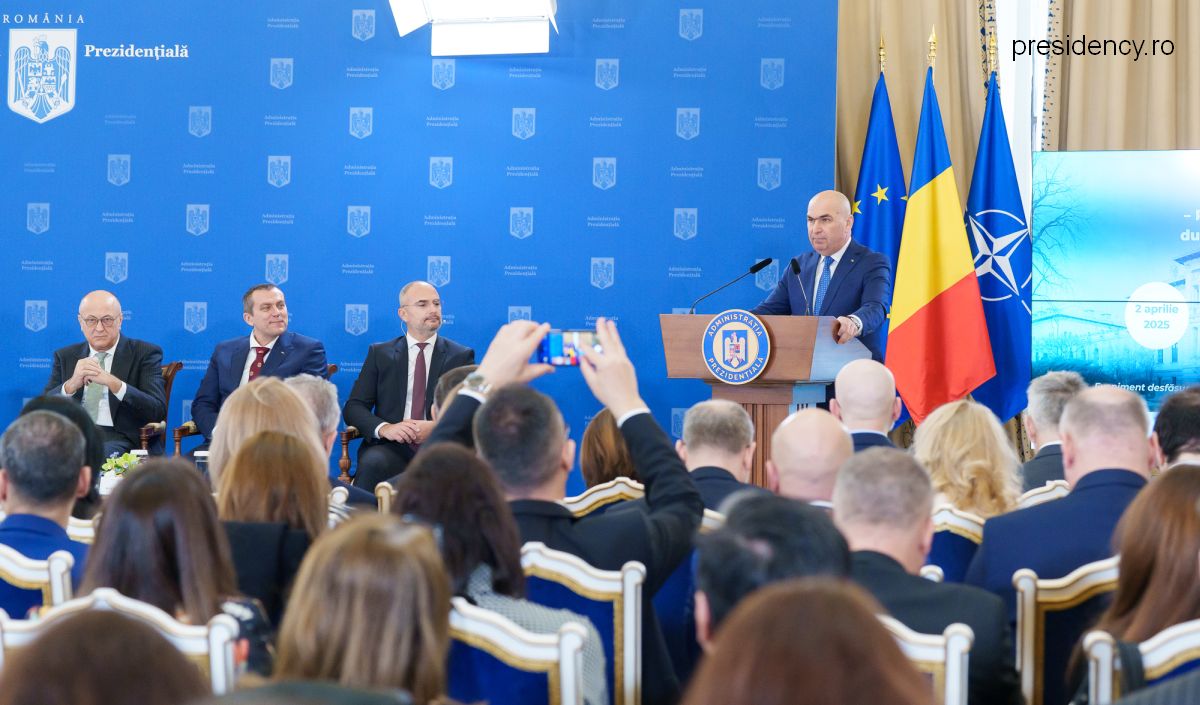The geopolitics of the missile defence shield in Europe
Russia to assess consequences of the NATO defence shield in Europe, says Russian enjoy.
Warning: Trying to access array offset on null in /home/web/rri.ro/public/wp-content/themes/rri/template-parts/content.php on line 53

Warning: Trying to access array offset on null in /home/web/rri.ro/public/wp-content/themes/rri/template-parts/content.php on line 98
Corina Cristea,
02.03.2015, 13:48
Held under NATO’s umbrella, the anti-missile shield project in Europe has stirred heated debates since its very beginning, placing Russia and the North Atlantic Alliance on divergent positions. Moscow has continued to criticise Washington’s initiative and says it feels threatened by the shield currently under construction, while Western countries maintain the shield is only a defensive system that does not target Russia. Moscow insists on receiving legal guarantees that the shield is not directed against it, while NATO says that it has already provided such assurances.
The Kremlin believes the implementation of the system “could infringe upon the strategic balance and undermine international security”. Meanwhile, the installation of the shield continues in Europe, including Romania. Furthermore, NATO has decided to set up command and control units in Bulgaria, Estonia, Latvia, Lithuania, Poland and Romania.
During a meeting in Brussels, the NATO defence ministers announced the doubling of the size of the NATO rapid response unit to 30,000 soldiers. The move has triggered a prompt reaction from Moscow: “The opening up of additional military potential along our borders is nothing more than an attempt to exert pressure on Russia”, said Moscow’s envoy to NATO Alexander Grushko, who added that Russia’s response will be “adequate” in any case.
According to envoy Alexander Grushko, “the serious changes in the military-political situation” along the Russian border will “naturally” lead to changes in Russia’s military planning, to ensure the country’s security. The decision “creates a great risk for Russia”, primarily in the Baltic states, which could become a region of “military confrontation”, says Grushko. He went on to say that the creation of a joint training centre in Georgia announced by NATO’s chief Jens Stoltenberg will also contribute to geopolitical tensions and threaten regional security: “The training centre in Georgia is a step that cannot be considered anything but provocation. There is no necessity for NATO to create any (training) centres.” Grushko also pointed out that the countries in the Black Sea region are capable of ensuring their own security. The Russian envoy added that for Moscow the founding act of relations between Russia and NATO “remains one of the cornerstone agreements which stems from understanding that security can be enhanced only through cooperation.”






























